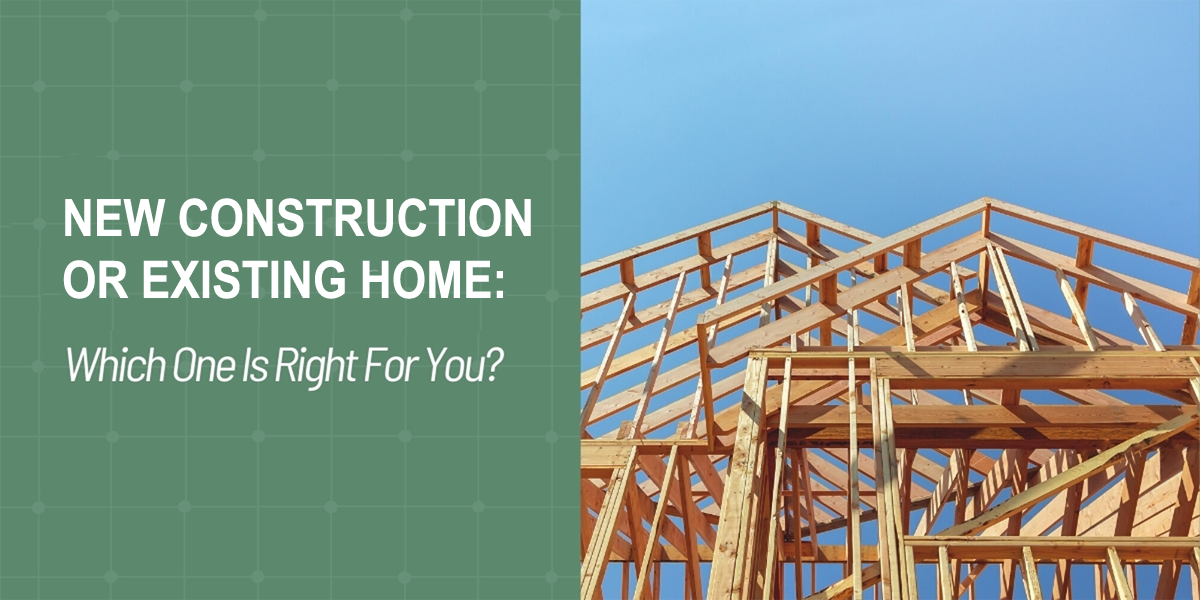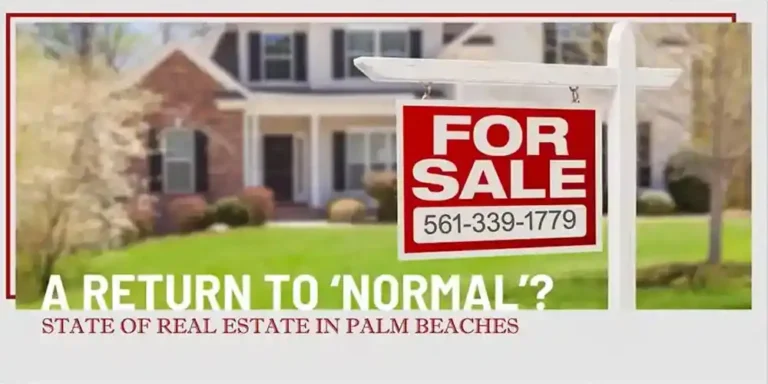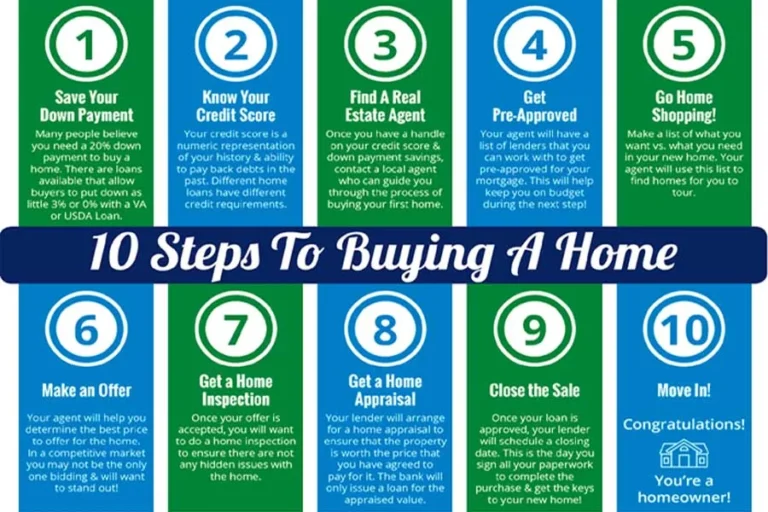Relocation Guide for Florida
The peak moving season is upon us. According to Move.com, almost 70% of U.S. moves occur between May and September. Thinking about a relocation? This guide is for you.

The peak moving season is upon us. According to Move.com, almost 70% of U.S. moves occur between May and September. Thinking about a relocation? This guide is for you.

Real Estate Market Forecast: Trends for this year show many opportunities for home buyers and sellers in 2024. Look for interest rates and the number of houses listed to change.

Home buyers can choose to build a new home (new construction) or buy an existing home. Read on to see some considerations you need to think about in making your decision.

Investing in real estate has long been one of Americans’ favorite ways to grow their wealth. Read the Pros & Cons of Being a Landlord with Income from rental Properties.

Know the factors that affect market or home value which are different from assessed value, which is often lower than the market value. Martin Group can help you with both numbers. Text or Call at 561-3391-779 to schedule your free consultation.

A high offer price gets attention. But most sellers consider a variety of factors when evaluating an offer. With that in mind, here are five tactics you can utilize to sweeten your proposal and outshine your competition.

A high offer price gets attention. But most sellers consider a variety of factors when evaluating an offer. With that in mind, here are five tactics you can utilize to sweeten your proposal and outshine your competition.

What’s the state of housing market in SE Florida 2022? Home prices soared in south Florida by a record 29% between January 2021 – January 2022, a history maker.

Home Buyers: 10 Step Buying Process 1. Save Your Down Payment Many people believe you need…